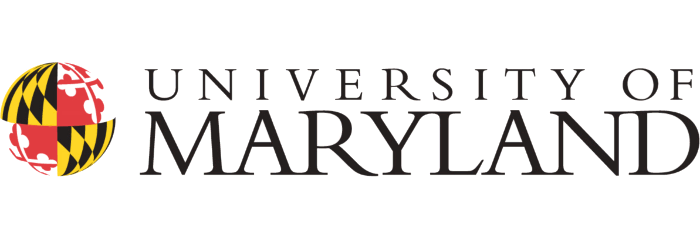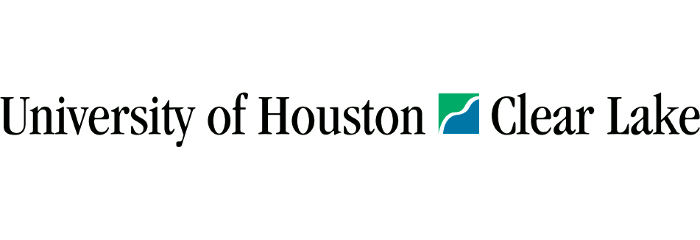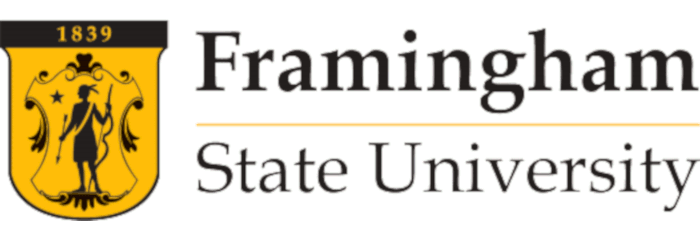
25 Best Colleges for Criminology 2020
The 25 schools on this list offer the top Bachelor's Degrees in Criminology, based on median salary one year out of college. University of Maryland - College Park is ranked #1 with a salary of $39,100. The school with the lowest median debt for this degree is University of Houston-Clear Lake, with a debt of $14,077. Median salaries for the top 25 schools range from $32,100-$39,100.
Tuition, median salaries, and median debt were reported by the U.S. Department of Education in November 2019. View our methodology for more details about these rankings or read more about the top-ranked schools.
2020 Best Colleges Highlights
Learn more about the top colleges for a Bachelor's in Criminology degree. You can also read student reviews of each school by clicking on the stars. Although student reviews were not used as a ranking factor in this list, we provide ratings and reviews so students can consider the experience of alumni in their decision-making process.

Established in 1969, the Department of Criminology and Criminal Justice at the University of Maryland- College Park offers a Bachelor of Arts in criminology and criminal justice (CCJS). The degree requires a total of 120 credits and is designed to take four years to complete. The major is comprised of 39 credit hours and includes five required CCJS courses, two criminal justice courses, one criminology/theory course, and four electives from the CCJS major. Students have the option to participate in an internship and/or conduct an independent study research project to meet an elective requirement.
Graduates of this program are expected to understand the foundation of the criminal justice system, theories of criminal behavior, have the ability to understand and interpret research, and be able to apply quantitative skills to criminology concepts. The department offers a CCJS Honors Program for qualified students who are interested in a smaller, more rigorous program. Two CCJS student organizations are also available for undergraduate students to join for social and career opportunities.

The University of Houston-Clear Lake offers a Bachelor of Science in Criminal Justice and Criminology through the school's Department of Social and Cultural Sciences. The program curriculum, designed to give students a comprehensive understanding of crime, uses real-world applications and explores topics that apply to individuals and society. The program goal is to provide graduates with the knowledge and skills they need for successful careers in the field. Students will take courses that examine juvenile delinquency, criminal law, organized crime, corrections, and other topics relevant to criminology.
This interdisciplinary major also includes anthropology, psychology, and sociology courses to give students a broader perspective of the discipline. Program courses are available on the UHCL campus and the UHCL-Clear Lake Pearland campus; some courses are also offered online. The bachelor's degree requires 120-semester hours, with 45 hours of core requirements, 48 hours of major coursework requirements, and 27 hours of electives.

The Bachelor of Arts in Criminology offered through the College of Social and Behavioral Sciences - Department of Sociology at Framingham State University provides an interdisciplinary curriculum that is grounded in the liberal arts. Students in this program will examine law and legal systems, and the role that society and behavior play in crime. Students will learn how to consider issues related to crime from a research-based and theoretically informed perspective. Graduates should have a solid understanding of criminology, be able to apply criminal theories to society, create and implement a criminology research project, and understand how inequality relates to crime.
The degree program includes ten general education courses outside of the major, three recommended courses, and six required major courses, including Criminology Theory, Social Perspectives on Criminology, and an Internship in Criminology or the Judicial System. Additionally, students must take two concentration courses from each of the following disciplines: law and the legal system, social/structural dimensions of crime and criminal behavior, and individual/behavioral dimensions of crime and criminal behavior. The interdisciplinary nature of this program is intended to prepare graduates for a range of careers in the criminal justice field and beyond.

The University of Southern Maine offers a Bachelor of Arts in criminology through the school's Criminology Department. The four-year program delivers a liberal arts curriculum with a focus on issues related to criminology. The program courses are designed to provide students with a comprehensive understanding of historical and contemporary crime and criminal regulation. Graduates should be able to conduct research and analyze criminal theories, have a solid understanding of crime and how it relates to social inequalities, recognize the agencies that are involved in aspects of criminology, and know the difference between criminal, regulatory, and international law. The major requires a minimum of 36 credits, comprised of a series of integrated classes and program electives. Students have the option of completing an independent project and/or internship for program electives credit. The department faculty all have professional experience and are known for producing research that shares critical views on gender, multiculturalism, and criminological theory. Graduates may pursue employment opportunities in criminal, juvenile, and social justice roles, or they may choose to pursue a graduate degree.

The University of Massachusetts-Dartmouth offers a Bachelor of Arts in crime & justice studies that examines the national and international history, politics, policies, and procedures of criminal justice. Students also explore social-ethical aspects that are unique to the field. The program delivers an interdisciplinary curriculum that draws from a variety of university resources to allow students to combine their education with opportunities for intellectual development, public service, and career advancement. These opportunities include the option to study abroad, pursue independent studies with faculty members, participate in classes inside of a local prison, and join the student-run group, Crime and Justice Studies Society.
The degree requires a minimum of 120 credits, with 24 credits of required major courses and 12 credits of crime & justice studies electives. Some of the required courses include Introduction to Crime and the Justice System, Contemporary Topics in Justice, and Social Theory. Students are also required to complete an internship during their senior year to develop their skills and make professional contacts. The program is appropriate for students interested in fields such as social services, corrections, law enforcement, youth services, and the courts, or for those interested in pursuing a graduate degree.